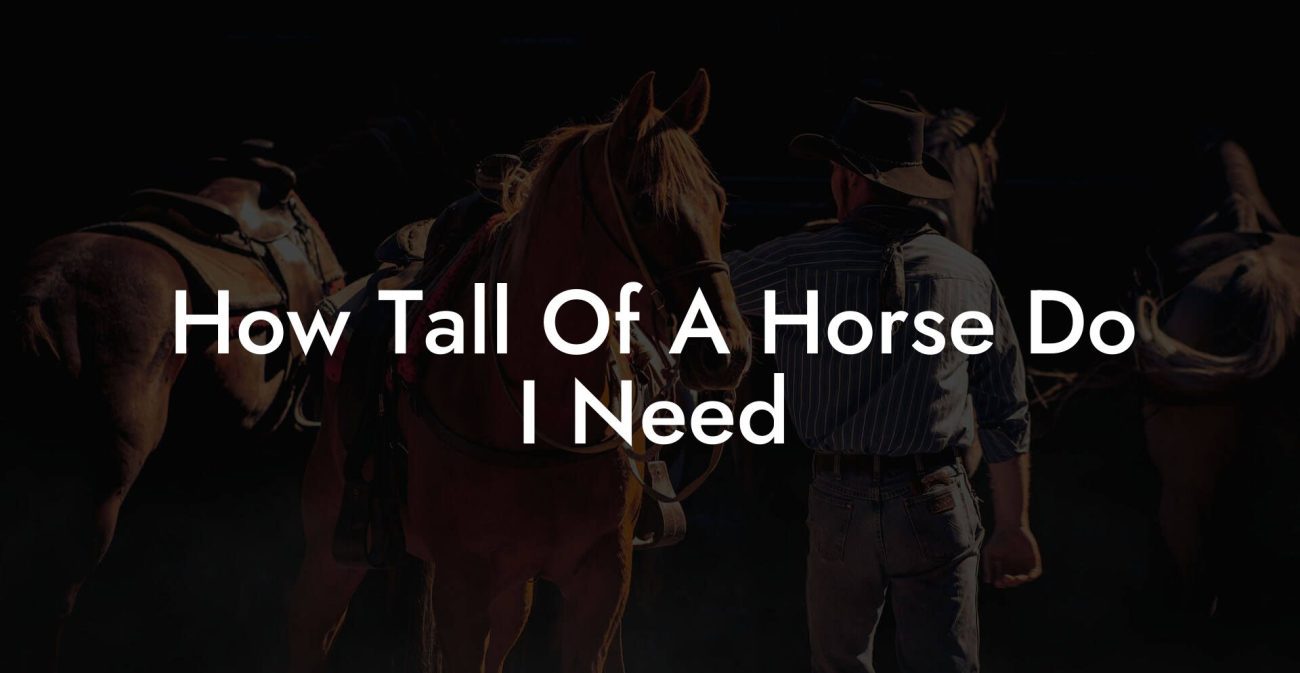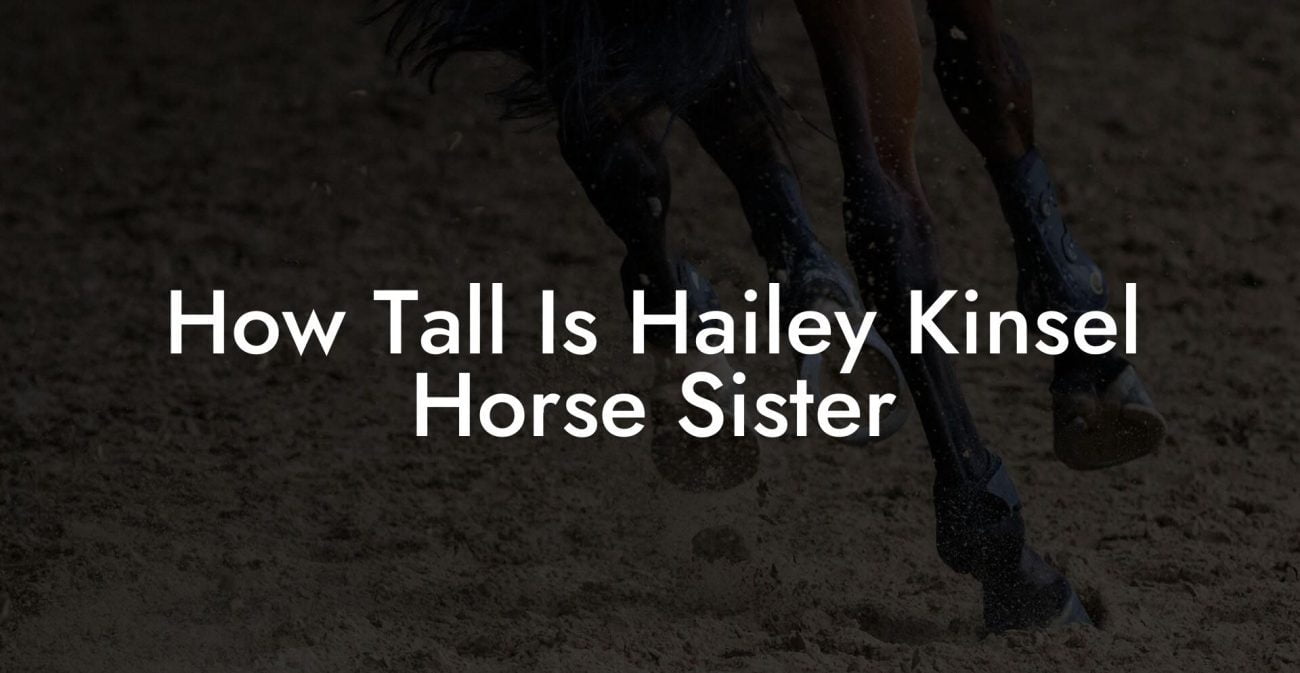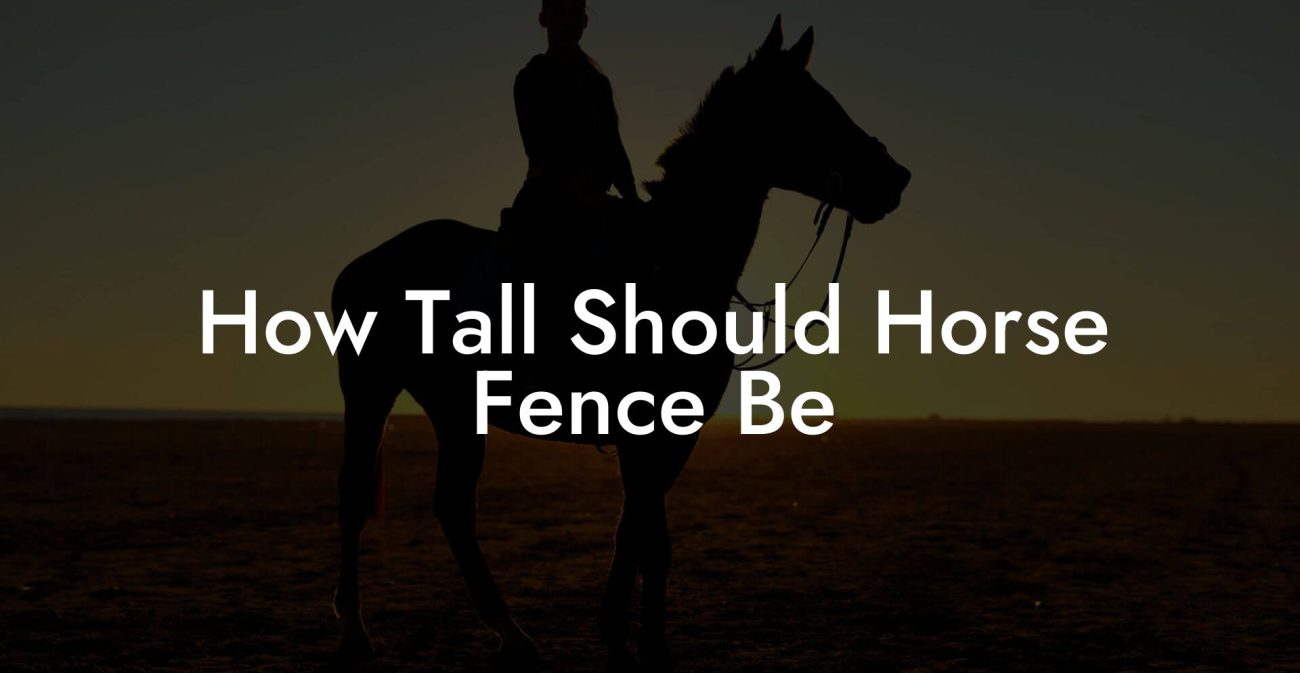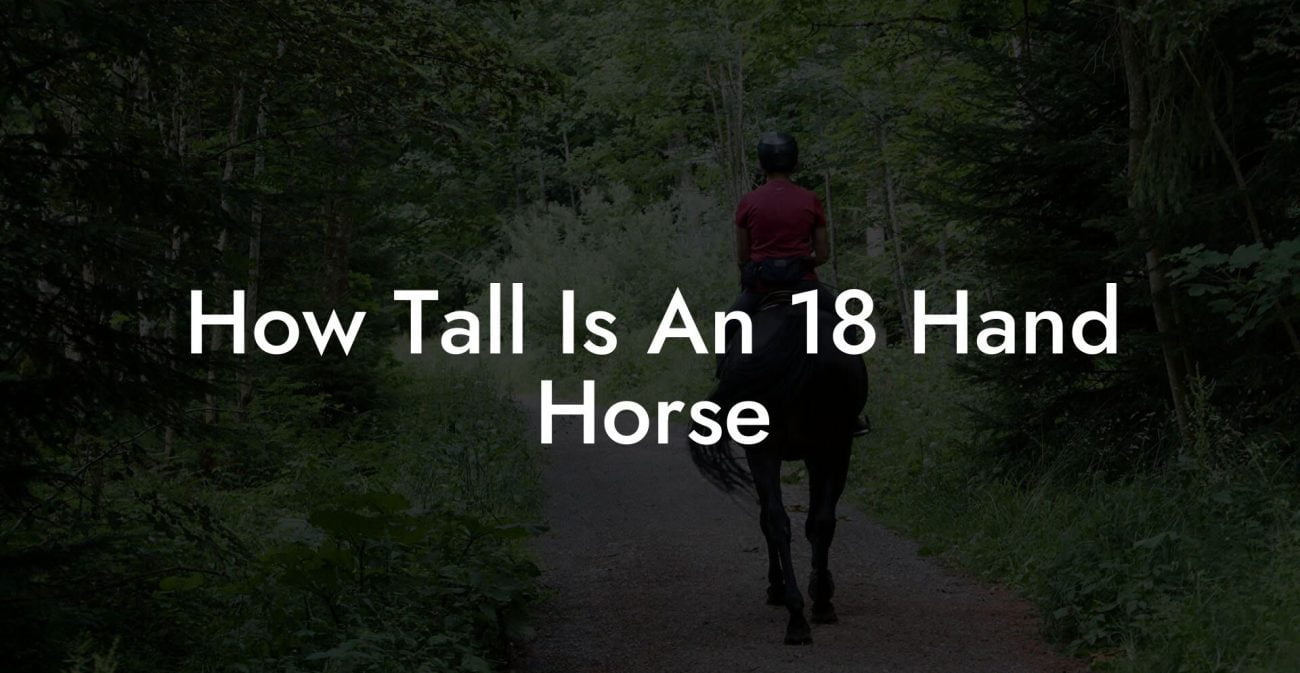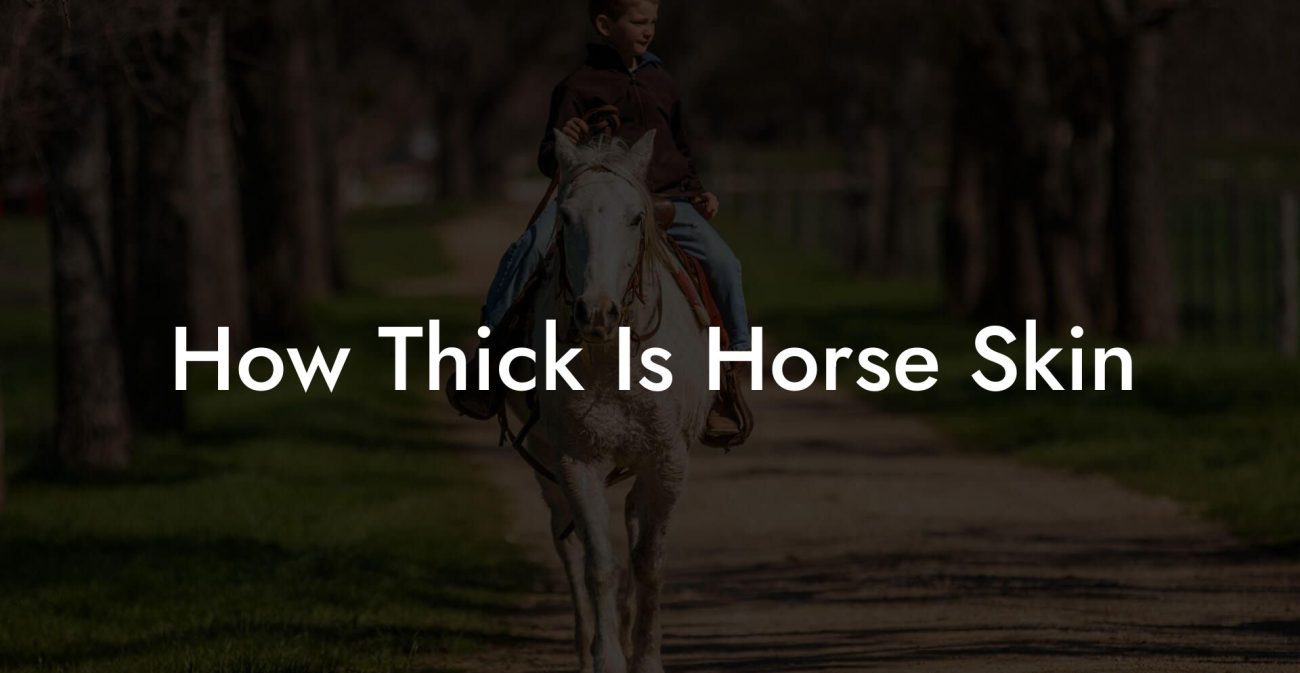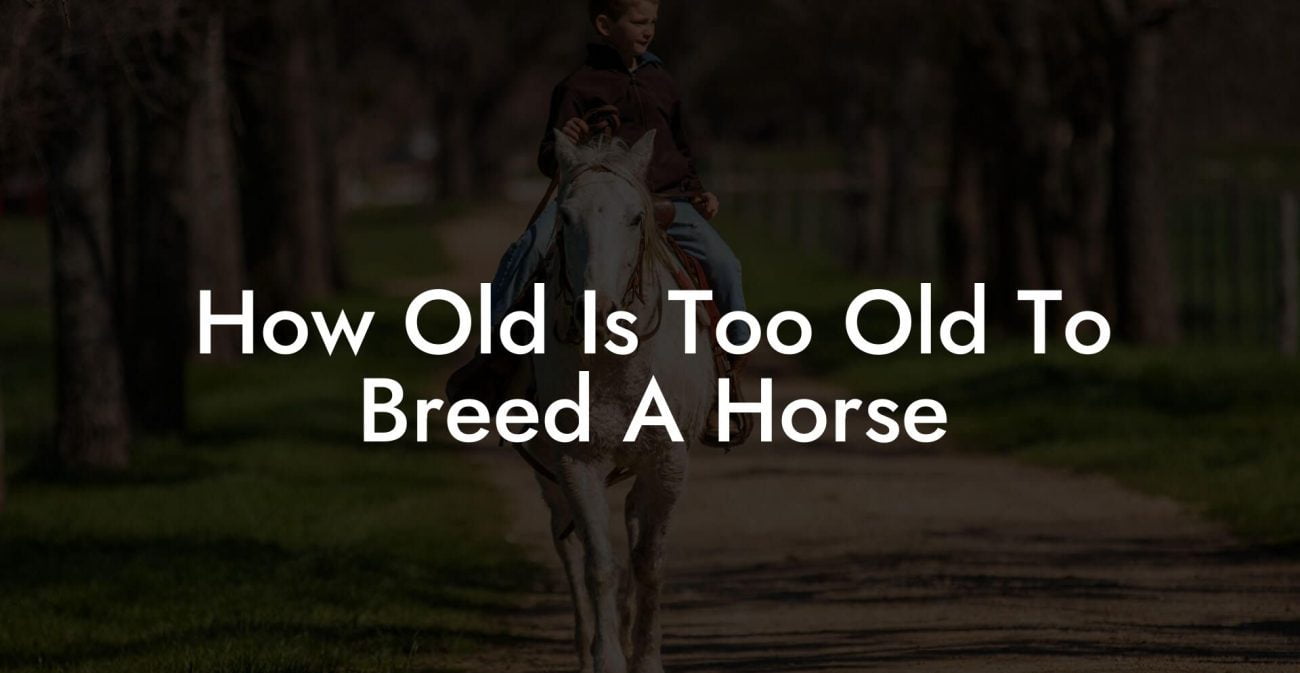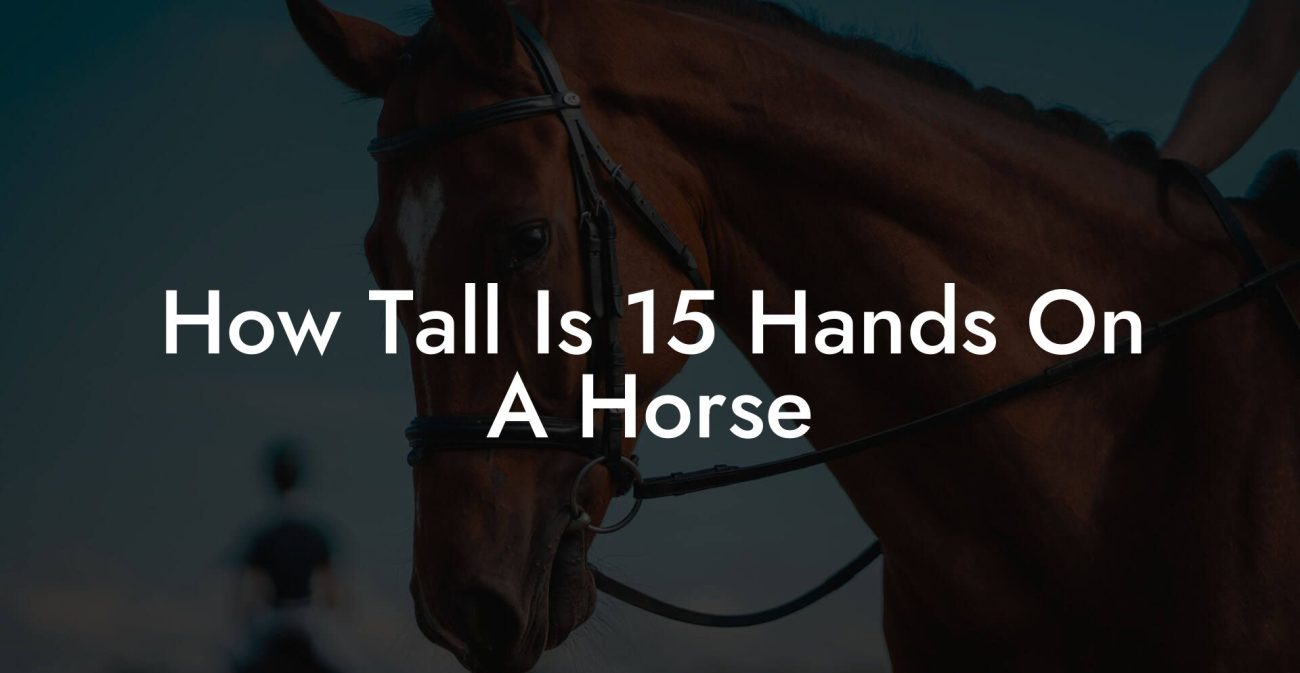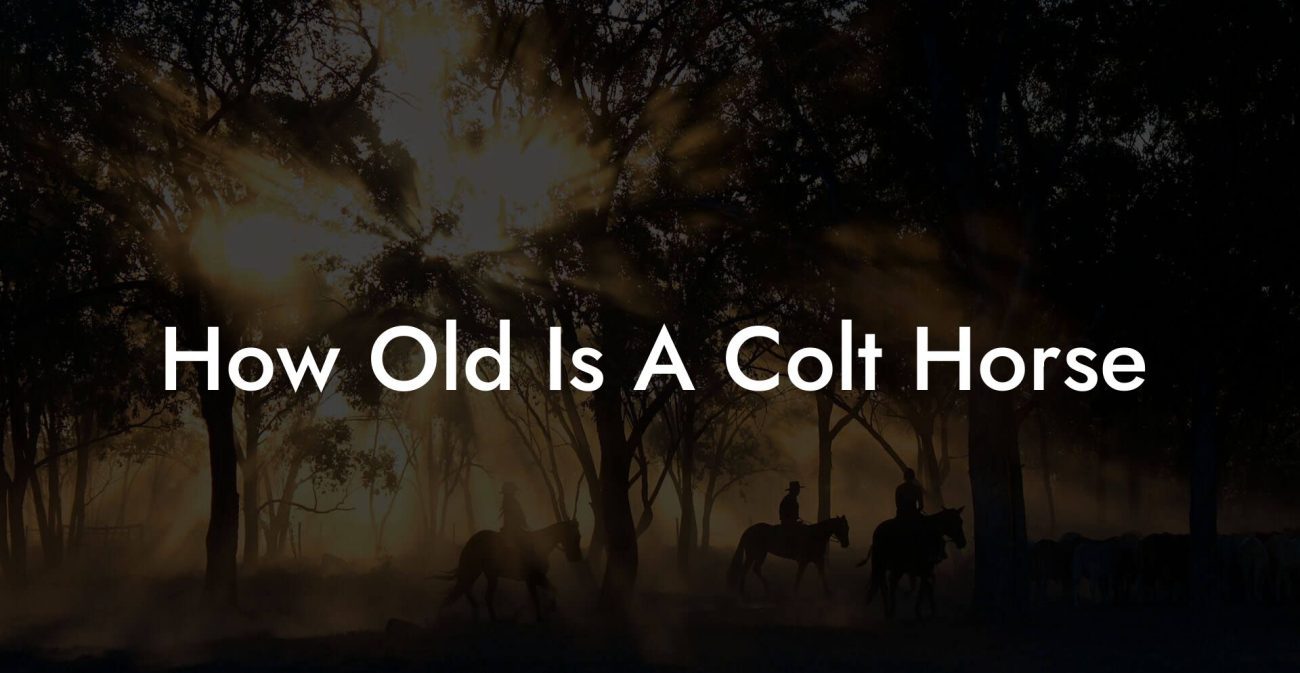Becoming a jockey horse rider is a thrilling and rewarding career path, but it also requires dedication, skill, and a deep understanding of both horses and the sport of horse racing. If you aspire to become a jockey or are simply curious about the journey, you’ve come to the right place. In this comprehensive guide, we will discuss the essential steps to becoming a jockey horse rider and provide insights and tips to help you navigate this exciting journey.
Understanding the Role of a Jockey Horse Rider
Before embarking on a career as a jockey horse rider, it's essential to understand the various responsibilities and skills required in this profession. A jockey must be able to:
- Communicate effectively with trainers, owners, and other racing professionals
- Maintain a strict fitness and diet regimen
- Develop a strong bond with various horses and understand their unique temperaments
- Master various riding techniques and strategies to navigate the racecourse and secure a win
Requirements and Qualifications
Although there are no formal educational requirements to become a jockey, some qualifications and skills can significantly improve your chances of success:
- Being physically fit – a jockey’s weight and overall health play a crucial role in their performance.
- Experience riding horses – The more time spent in the saddle, the better. Experience in horse shows, rodeos, or competitive events will help you become a proficient rider.
- Completion of a jockey training program – Many jockey schools and training programs offer extensive education and hands-on instruction for aspiring jockeys.
- Acquire necessary licenses – In most jurisdictions, you'll need to obtain a jockey license before participating in professional races. Licensing requirements usually involve completing a designated training program and meeting specific age and riding experience criteria.
Jockey School and Training Programs
Attending a jockey school is an excellent starting point for aspiring horse riders. These schools offer comprehensive education and often provide valuable connections within the industry. Many jockey schools also offer job placement assistance for graduates. Some well-known jockey schools around the world are:
- The North American Racing Academy (NARA) in the United States
- The British Racing School in the United Kingdom
- The Australian Racing and Equine Academy in Australia
- The South African Jockey Academy in South Africa
Finding Work as a Jockey Horse Rider
After completing your training and obtaining the necessary licenses, it's time to start looking for work opportunities in the horse racing industry. Here are a few tips to help you on your job search:
- Network with professionals in the horse racing industry, such as trainers, owners, or other jockeys. Building relationships can lead to job opportunities.
- Attend race meetings and other equestrian events to increase your visibility and make connections.
- Consider working as an exercise rider or apprentice jockey to gain experience and showcase your skills to potential employers.
Jockey Horse Rider Example:
Imagine you've recently graduated from a reputable jockey school and landed your first job as an apprentice jockey with a local trainer. Initially, you'll likely spend most of your time at the stables, exercising horses, and learning more about their behavior and individual needs. With time and experience, your trainer will give you opportunities to participate in races as an apprentice jockey. As you demonstrate your skill and dedication, you'll build a reputation in the industry and gain opportunities to ride more competitive horses in high-stakes races – moving closer to your dream of becoming a successful jockey horse rider.
The journey to becoming a jockey horse rider requires passion, skill, and persistence. By following this guide and taking the necessary steps, you’ll be well on your way to achieving your dreams in the exhilarating world of horse racing. Now that you have the knowledge and tools to embark on your jockey journey, don't forget to share this article with others who share your passion. And remember, there are always more guides and resources to explore on How to Own a Horse. Good luck, and happy racing!



